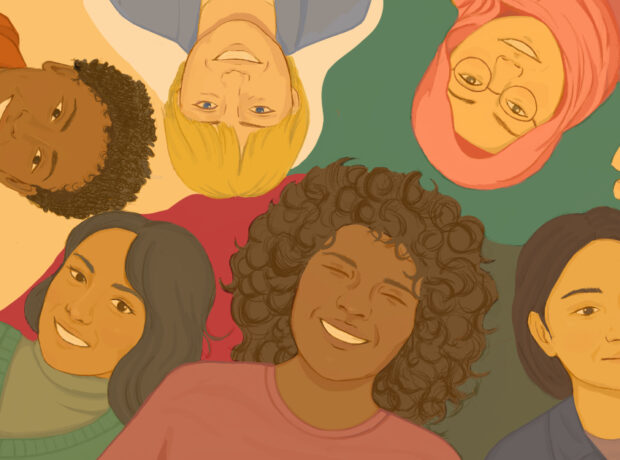In recent months Lacuna has reported extensively on the cuts to public spending and debated the possible impacts on the way we live. This week we look at spending cuts on mental health. That the mental health sector has long been known as the ‘Cinderella’ of the NHS because of epic underinvestment hasn’t protected it from wide ranging cuts. Charities and mental health trusts have already noticed the impact; increased waiting times for patient care, a lack of beds for vulnerable people, mentally ill teenagers transported in police vans.
In this week’s feature Lacuna reports on the impact on black and other ethnic minority mental health patients in London. When researching the article I stumbled across several community groups with roots in the racial equality movements of the eighties and nineties. Many had formed to support ethnic minorities with mental health needs where the government would not or could not. Soon enough the government recognized the value and began to fund some of their activities. But in today’s climate of austerity, spending for minority groups is first to go. As many of those groups struggle to stay afloat, what will be the impact of their loss on racial equality within the mental health sector?
Interestingly, most of the patients, campaigners and staff I interviewed say that the NHS never really delivered on its promises of race equality and so the small gains will almost certainly be lost. But even while professing doom, those with decades of experience still retain a sense of optimism; they continue to write reports, lobby the government and volunteer on wards. I’ve attempted to capture their story, with some of the history of this issue and why are both are important to understanding what austerity could mean for the mental health service today.
We also continue with our Q&A series and this week’s interview is with Nadia Salam, an award winning legal aid lawyer and campaigner. The devastating human impact of legal aid continues to make headlines and Lacuna’s summer series highlighted many of the big issues. With such relentless bad news for legal aid, Nadia’s commitment and enthusiasm is refreshing. Nadia admits that the cuts and changes to the scope of legal aid have made it difficult to support the most vulnerable, but she adds, “We owe it to our clients to not give up on their behalf.”



